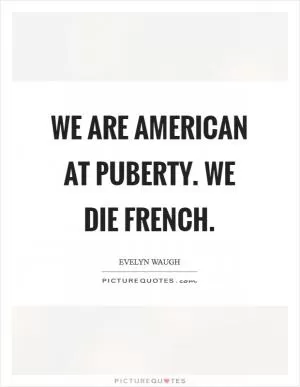Aesthetic value is often the by product of the artist striving to do something else

Aesthetic value is often the by product of the artist striving to do something else
Evelyn Waugh, a renowned English writer known for his satirical novels and sharp wit, is a perfect example of an artist whose aesthetic value is often a byproduct of his primary goal - to critique and satirize the society and culture of his time. Waugh's works, such as "Brideshead Revisited" and "A Handful of Dust," are not only aesthetically pleasing in their prose and imagery, but also serve as scathing commentaries on the moral decay and hypocrisy of the upper class in interwar Britain.Waugh's writing style is characterized by its elegance, precision, and attention to detail. His use of language is often described as lyrical and poetic, with a keen eye for capturing the nuances of human behavior and social interactions. However, it is important to note that Waugh's aesthetic sensibilities are always in service of his larger thematic concerns. In "Brideshead Revisited," for example, the lush descriptions of the English countryside and the opulent lifestyle of the aristocratic Flyte family serve to highlight the decadence and spiritual emptiness of the characters, rather than simply existing for their own sake.
Waugh's satirical edge is evident in his portrayal of the characters and institutions in his novels. He skewers the pretensions and hypocrisies of the upper class, the shallowness of modern culture, and the moral bankruptcy of the post-war world. His characters are often flawed and morally ambiguous, reflecting the moral ambiguity of the society they inhabit. Waugh's use of irony and dark humor adds depth and complexity to his works, inviting readers to question their own assumptions and beliefs.












 Friendship Quotes
Friendship Quotes Love Quotes
Love Quotes Life Quotes
Life Quotes Funny Quotes
Funny Quotes Motivational Quotes
Motivational Quotes Inspirational Quotes
Inspirational Quotes